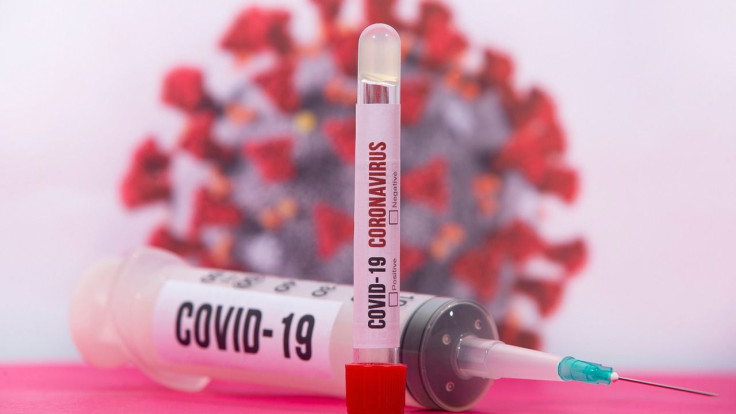Low-Cost COVID-19 Vaccinations May Be Available By Early 2021, Top Vaccine Makers Say

KEY POINTS
- Pharmaceutical company executives claimed at least two doses would be offered for free or at low-cost to all Americans
- They said they wanted to make effective COVID-19 vaccines available as soon as possible without violating any safety and regulatory policies
- The U.S. government has poured in almost $2.3 billion in an effort to discover a vaccine
Top vaccine makers predicted COVID-19 vaccines would be available as early as the first quarter of 2021. Pharmaceutical company executives also claimed at least two doses would be offered for free or at low-cost to all Americans.
Top executives from Moderna, Johnson & Johnson, Pfizer, Merck and AstraZeneca revealed their objective in a House subcommittee hearing Tuesday, July 21. Speaking before the United States legislators, they said they wanted to make effective COVID-19 vaccines available as soon as possible without violating any safety and regulatory policies. However, despite repeated queries from House members, the executives did not commit to coming up with a vaccine for the general public before early 2021, USA Today reported.
The U.S. government has poured in almost $2.3 billion in an effort to discover a vaccine that can stop SARS-CoV-2, the bug that causes COVID-19, which has infected more than four million Americans and killed over 140,000.
Safety is one of the key concerns among the lawmakers, with many of them asking the panelists whether the swiftness of vaccine development or lax government policies would expose the public to greater risk. The executives assured the safety of the public will not be compromised.
On June 30, the U.S. Food and Drug Administration (FDA) released a comprehensive guidance for the agency's approval of a COVID-19 vaccine. A requirement set by the federal agency was that the vaccine should at least be 50% effective at preventing coronavirus infections.
Menelas Pangalos, AstraZeneca's executive vice president, said none of his interactions with regulators indicated the lowering of standards. Merck's executive vice president and chief patient officer, Dr. Julie Gerberding, said the firm was "relieved" the FDA insisted on replicating the same safety restrictions it has for all vaccines.
Dr. Macaya Douoguih, Johnson and Johnson's head of clinical development and medical affairs, said in case there are changes in the health agency's guidance, such as requiring only 10% efficacy, their company will not release the vaccine. "We would not feel comfortable bringing forth a product that was not efficacious according to our protocol," Dr. Douoguih said.
Several House members also raised the question on pricing, to which Pangalos replied his company plans to sell their vaccine to the government at cost. Douoguih also said the same.
The other three companies, however, said they would not do so. "We will not sell it at cost, no ma'am," Dr. Stephen Hoge of Moderna said. Gerberding also said they will not be selling their vaccine at cost. John Young of Pfizer did not commit to selling the vaccine at cost, but said, "We recognize that these are extraordinary times and our pricing will reflect that during the pandemic."
© Copyright IBTimes 2025. All rights reserved.





















